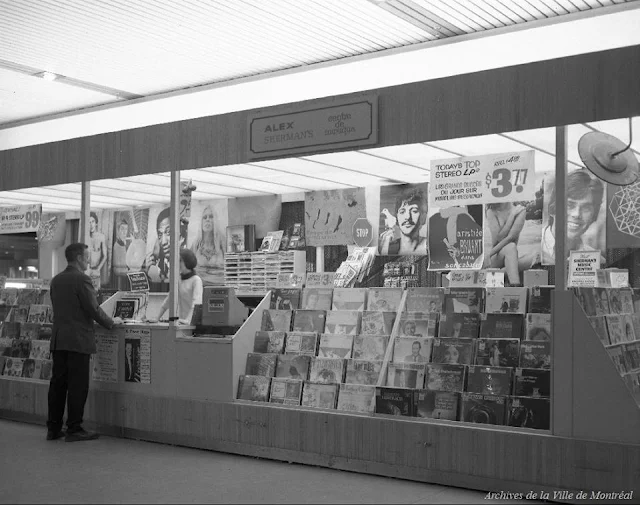You can draw a thick black line across history: there is before Covid and after Covid; and "after Covid" is worse than Covid. I really doubt any political party can reverse our decline, or wants to reverse it; the choice is between which party will accelerate the decline and which party will slow the decline. Of course, some places were on the decline before Covid and their decline was made more obvious by Covid.
So, draw your line in the sand, draw it on paper with a thick black Sharpie, and say farewell to the past.
Photos taken at Mount Royal Cemetery or 08 May 2023.
 |
| Above: the Molson mausoleum |








.jpg)




.JPG)
.JPG)


.JPG)
.JPG)
.JPG)
.JPG)
.JPG)























.%20Murdered%20exactly%20148%20years%20ago%20today%20in%20Ottawa.jpg)
